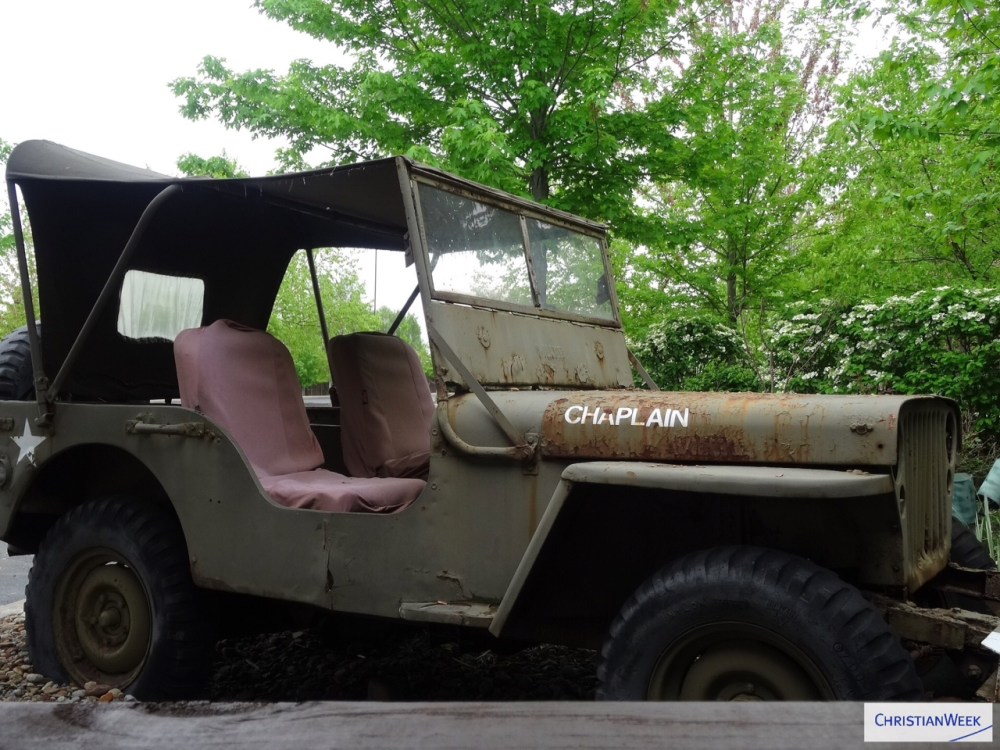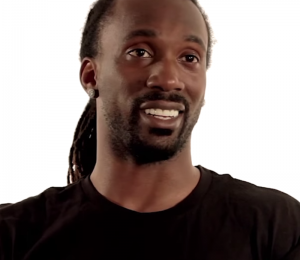
By Stephen J. Bedard
ChristianWeek Columnist | July 13, 2016
For the past number of years, one of the most rewarding aspects of my ministry has been serving as a chaplain in the Canadian Armed Forces reserves. Although I am leaving that ministry for medical reasons, I still very much believe in the importance of military chaplaincy.
Whenever I have spoken about military chaplaincy, there have been a number of questions that have come up. It is important to address these questions in order to communicate the value of this particular ministry.
First of all, some basic information. Chaplains can serve in either the regular or reserve forces. Those who are in the regular forces are full-time in the military and they are posted to different areas in Canada in the same way that the rest of the military are. Those who are in the reserves may be full-time pastors at their church, priests in their parish, rabbis or imams while serving one night a week at a local armoury as the chaplain of a regiment.
Chaplains serve in the army, navy or air force and start at the rank of captain or lieutenant (navy). Chaplains are typically referred to as “padres,” (even the female chaplains) which goes back to the time when most chaplains were either Roman Catholic or Anglican. Today there are chaplains who belong to the Christian (Roman Catholic and Protestant), Jewish and Muslim traditions.
One of the major questions that Christians have is about how a chaplain can minister in an honest way in a multi-faith environment such as the military, especially when its members are a mix of atheists, agnostics, Christians and every other religion.
The Royal Canadian Chaplain Services gives very clear guidelines that work well. Chaplains are called to “minister to our own, care for all and facilitate the worship of others.” What does this look like?
As a Protestant chaplain, when I was with others who identified as Protestant Christians, I was free to discuss faith, offer communion and baptism and provide any other religious duty that was requested.
However, I was not there only for other Protestants. Much of the work of a chaplain is in the area of pastoral care. It does not matter if the faith or not faith tradition of military member is a Christian or an atheist or a Muslim, if they need emotional support, the chaplain is there to care for them and to be a voice with the chain-of-command.
While many people within the military are not religiously active, some do belong to non-Christian religions. The chaplain can play a role beyond being a listening ear in counselling sessions. The chaplain plays the role of a religious resource, by making sure that the military member’s religious needs are being met. This may take place by referring to either another chaplain of the same tradition or an appropriate civilian religious leader.
Another frequent question within the church is about how a pastor who leans toward nonviolence can minister as a military chaplain. It should be noted that not all Christians and many chaplains would not consider themselves pacifists.
However, it is important to understand that chaplains have some unique limitations put upon them in the military. Chaplains are the only ones in the military who are forbidden to use weapons and are not trained to use weapons during their basic training. A chaplain will never be put into a position where they are forced to use violence against another human being.
Chaplains are trained to make safe and unload weapons in Basic Training. When ministering to a wounded soldier, the chaplain is able to make sure the situation is safe by checking the weapon. However, chaplains are considered non-combatants and they neither fire weapons on a range nor carry weapons in combat.
But what about the role of the chaplain in supporting men and women who are being trained to kill? It should be noted that the military does much more than train people to kill. At the same time, the ministry of the chaplain is not to help people become better at killing but to help people to think ethically, be emotional healthy and to integrate their own religious traditions.
Having recently concluded a war in Afghanistan, there are tremendous needs within the military. The Canadian Armed Forces is taking this seriously and is equipping chaplains to support those members who are in need. Christians should be concerned about the emotional and spiritual needs of men and women in the military, no matter how they might interpret the Sermon on the Mount.
Military chaplaincy, both in the regular and reserve forces. is an important ministry. Chaplains have the opportunity to be the presence of Christ in the lives of those in the military. While military chaplaincy might not be for everyone, it is critical that the church pray for the chaplains and those they minister to.




